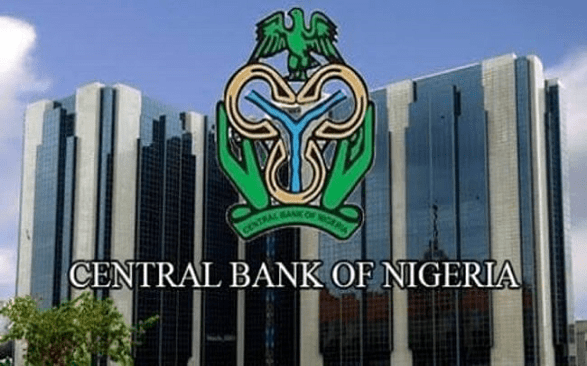
Jude Ayua, Associate
The Central Bank of Nigeria (CBN) has been ordered by a Federal High Court sitting in Abuja FCT on Wednesday 14 June 2023 to pay Media Rights Agenda (MRA) the sum of N1 million as damages for the apex bank’s wrongful denial of access to information. Justice Donatus Uwaezuoke Okorowo of the Federal High Court delivered the judgment.
MRA specifically requested for the name and contact details of the CBN’s Data Protection Officer, and its relevant data privacy instruments and data protection directives. Following the CBN’s refusal, the group instituted a suit against the Bank, joining the CBN Governor and the Attorney General of the Federation (AGF) as parties, challenging the Bank’s decision, in accordance with section 7 of the Freedom of Information (FoI) Act, 2011.
Agreeing with MRA, the Court held that the refusal by the CBN to make available to MRA the information it requested violates its right of access to information under the FoI Act (sections 1 & 4). Also, CBN’s refusal constitutes a “wrongful denial of access to information,” an offence punishable upon conviction with a fine of N500,000 under section 7(5), the Court held.
MRA disclosed this in a statement on 14 June 2023. The statement is signed by its Communications Officer, Idowu Adewale. According to the statement, the Judge also directed the CBN to make available all the information it requested in its letter on 22 May 2020. This is in respect of the CBN’s data protection policies and practices in conformity with the Nigeria Data Protection Regulation (NDPR) 2019. However, MRA’s request for an order directing the Attorney General of the Federation to initiate criminal proceedings against the CBN for violating the provisions of the FoI Act was not granted by the Court. Specifically, the CBN failed to give a written notice to MRA for its denial of access to all or part of the information requested and the reasons for the denial amounted to a violation of the FoI Act. Justice Okorowo, although agreeing with MRA on this, did not grant the order. The group’s action is an uncommon one, as challenging public institutions in court, especially a regulator of CBN’s status, is not typical in Nigeria. Despite being a right guaranteed by the FoI Act and other legislation in the country, individuals and groups are generally more open to exploring other legal options.
Conclusion
Hopefully, the success of MRA in this suit would encourage citizens to take action to exercise their rights more often. The favorable decision of the Court may serve as greenlight, boosting potential applicants’ faith in the judiciary and confidence to institute actions to defend their rights to access to information under the FOI Act.


Leave a Reply